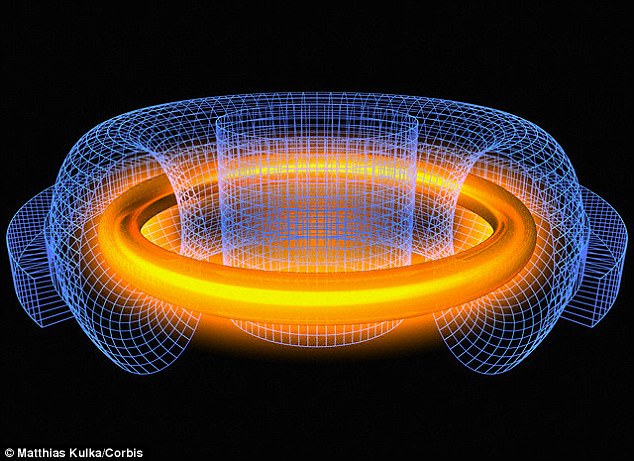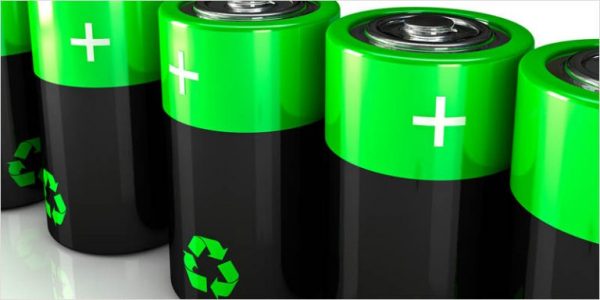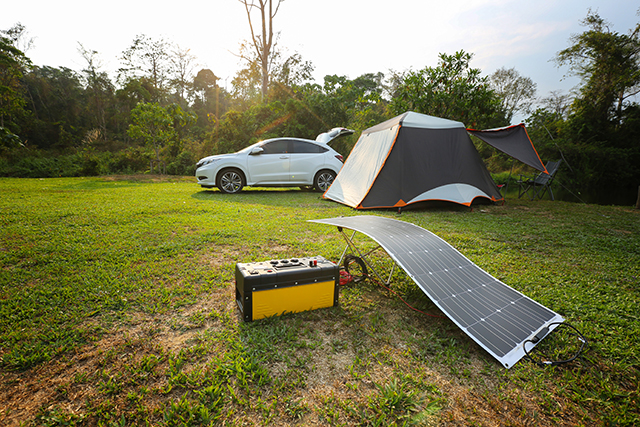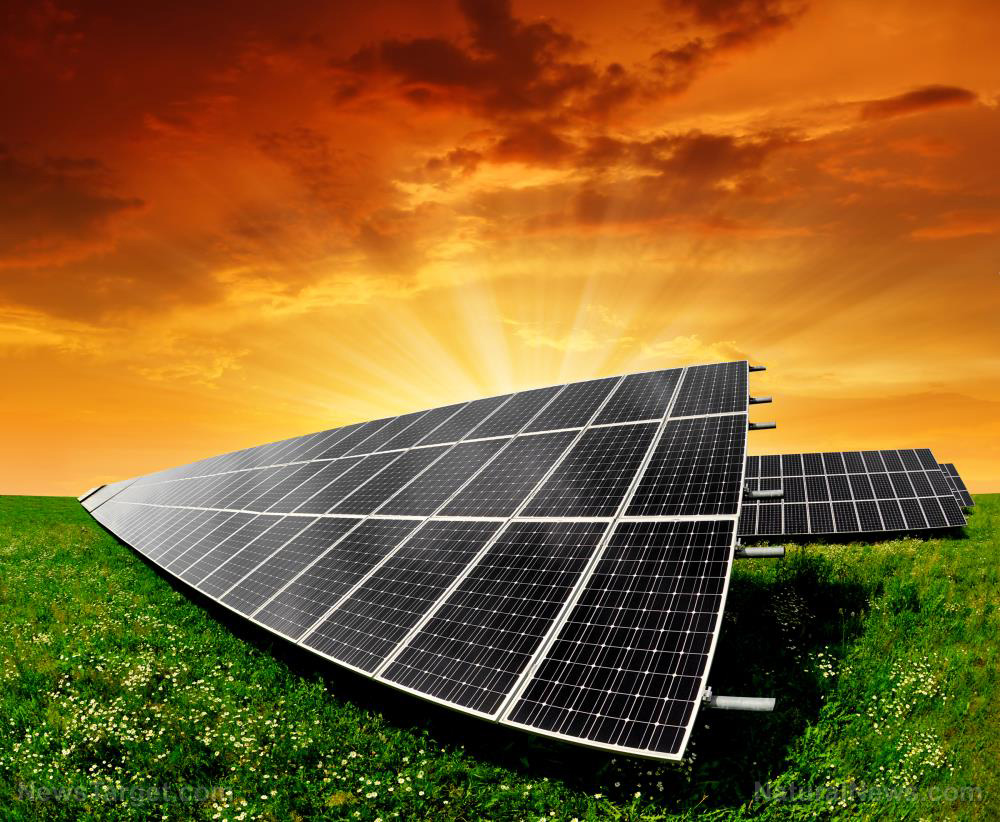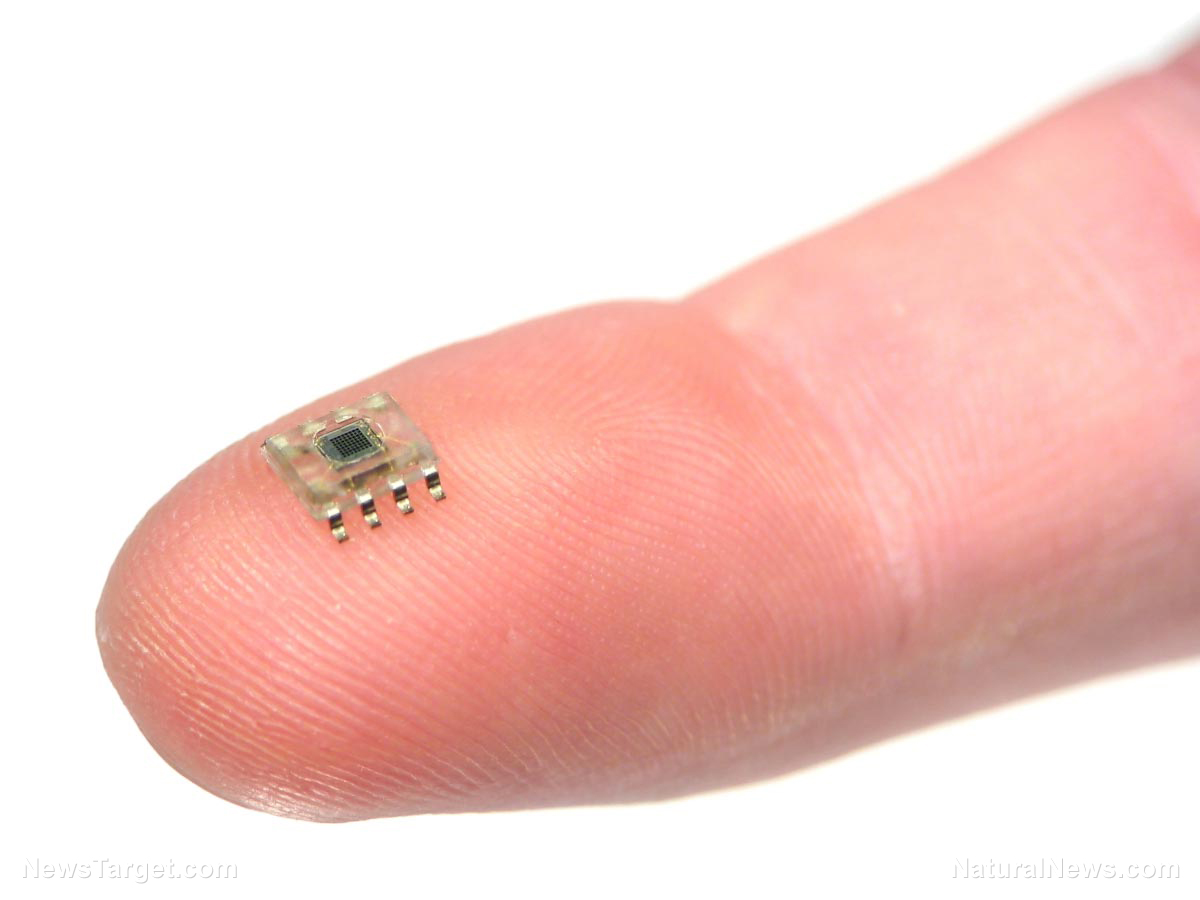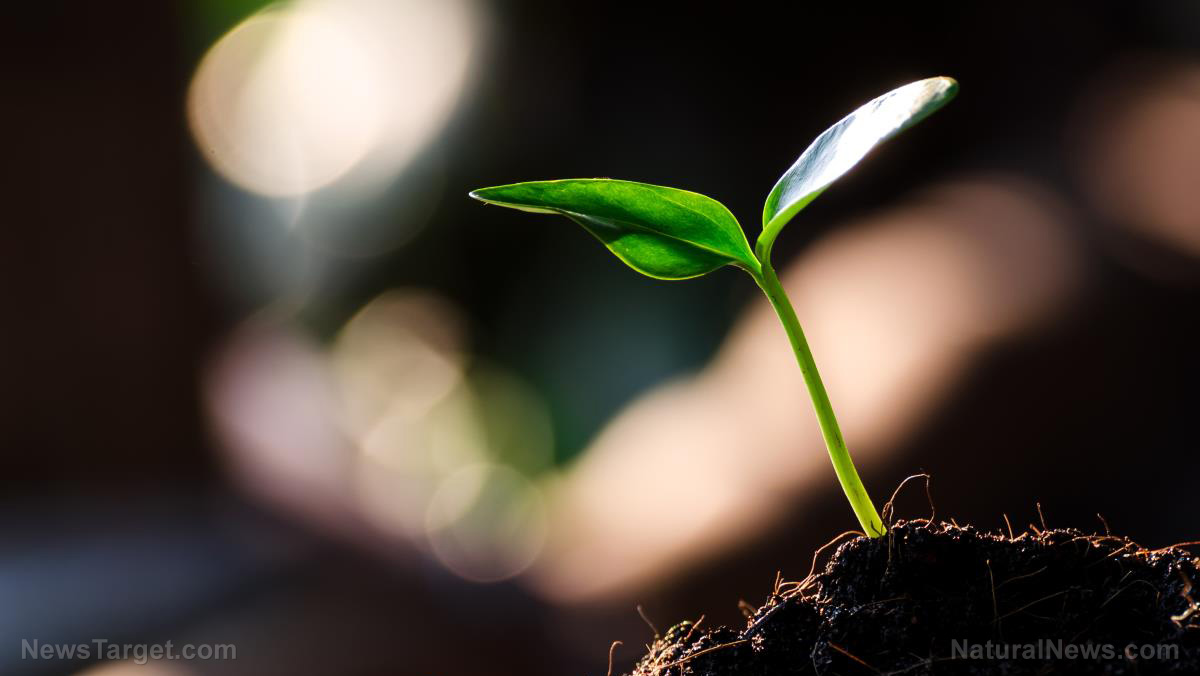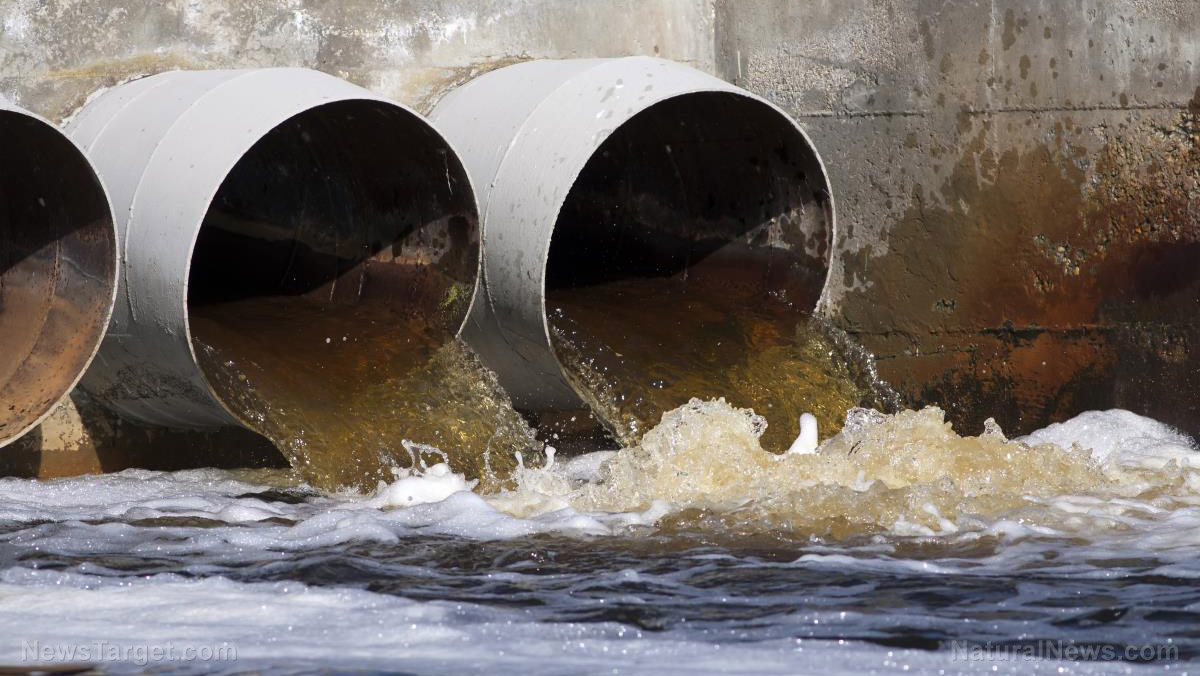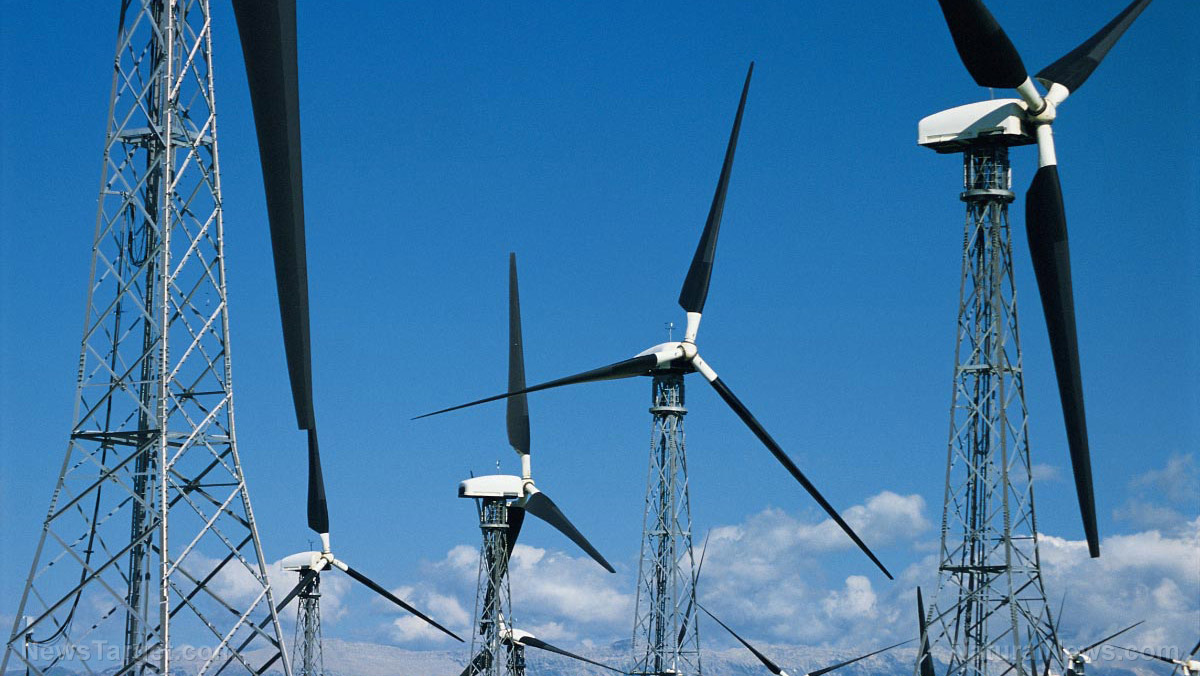Breakthrough waste treatment process generates electricity from urine
03/09/2019 / By Jhoanna Robinson

Biotechnology is looking at another breakthrough: the possibility of using treated urine water as a means to generate electricity. Researchers are also looking into the possibility to use the said technology to kill bacteria that are detrimental to the health of humans.
Professor Iaonnis Ieropoulos, Director of the Bristol BioEnergy Centre and lead researcher of the team at the University of the West of England (UWE Bristol), said that it was essential that aside from making sure that the process they have developed — which is the microbial fuel cell technology (MFC) — is effective in generating electricity, the process should also be used to clean water waste that flowed into the municipal sewerage network so that places that did not have proper sanitation in developing countries could put the technology to good use.
He welcomed this momentous achievement, saying, “It shows we have a stable biological system in which we can treat waste, generate electricity, and stop harmful organisms making it through to the sewerage network.” According to research, because hydrogen peroxide is produced via the energy generation process in MFC systems, they are usually considered to have some disinfecting properties in nature.
Ieropoulos illustrated the impracticality in the wastewater industry today: “Water companies are under pressure to improve treatment and produce cleaner and cleaner water at the end of the process. This means costs are rising, energy consumption levels are high, and chemicals that are not good for the environment are being used.” He noted the significance of installing MFC systems in homes: doing so can make wastewater cleaner when it reaches the sewerage system.
The researchers were able to arrive at this conclusion by adding Salmonella enteritidis to wastewater flowing through a series of biocells filled with electroactive microbes, then determining if the number of pathogens were lessened. The outcome had been favorable; the experiment revealed that there had been a significant change in the number of pathogens — almost two-thirds of the population were gone — at the end of the test.
The test showed that water purification can happen ten times as faster than in traditional methods of water cleansing. This and other findings were published in the scientific journal PLOS ONE.
This initiative, which was spearheaded by the Bill & Melinda Gates Foundation, was applied to a portable toilet at the 2017 UK Glastonbury music festival.
Other initiatives to use pee to power electrical machines have been launched years prior to this achievement. For instance, the Bristol Robotics Laboratory had an earlier project that envisioned creating autonomous robots that are fueled by waste materials such as rotting fruit and vegetables, wastewater, or sludge. (Related: Human pee may power future robots.)
The same team had also used MFC systems to power a smartphone. MFC systems can make use of any form of organic waste, eradicating the need for fossil fuels, and making electricity generation a much greener endeavor.
Sources include:
Tagged Under: breakthrough, electricity, energy, future science, new technology, pathogens, renewable energy, research, Urine, wastewater, water, water tech, weird science




